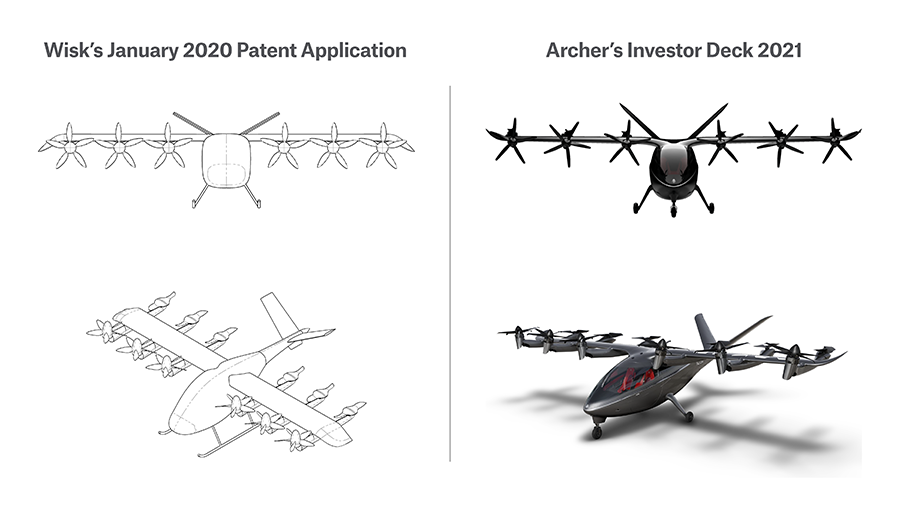
Credit: Wisk
With more than 100 companies trying to break into the nascent urban air mobility (UAM) market, it is perhaps inevitable that some of the vehicle designs look similar. But Boeing-backed Wisk sees enough similarities between one of its designs and new entrant Archer’s aircraft that it has filed a...
Subscription Required
This content requires a subscription to one of the Aviation Week Intelligence Network (AWIN) bundles.
Schedule a demo today to find out how you can access this content and similar content related to your area of the global aviation industry.
Already an AWIN subscriber? Login
Did you know? Aviation Week has won top honors multiple times in the Jesse H. Neal National Business Journalism Awards, the business-to-business media equivalent of the Pulitzer Prizes.
